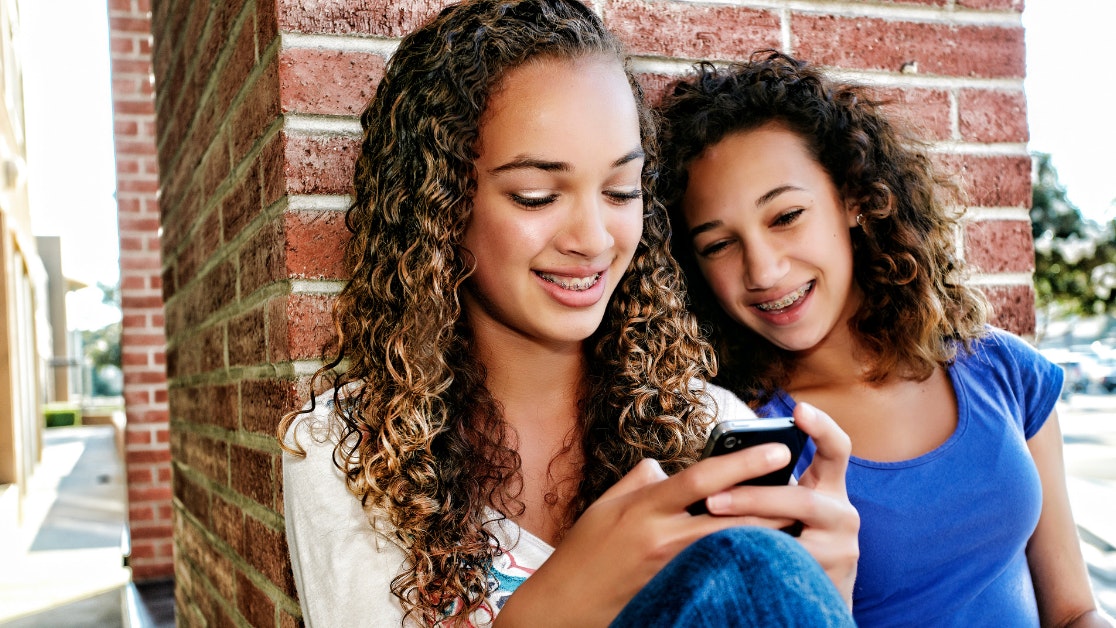Homepage
•
Learning Library
•
Blog
•
Don't Ban Social Media! Teach Students How To Be Digital Citizens
Expand breadcrumbs
Expand breadcrumbs
- Learning Library
- Blog
- Don't Ban Social Media! Teach Students How To Be Digital Citizens
- Homepage
- •
- Learning Library
- •
- Blog
- •
- Don't Ban Social Media! Teach Students How To Be Digital Citizens
Don't Ban Social Media! Teach Students How To Be Digital Citizens
By Nikki D Robertson
June 2, 2022








